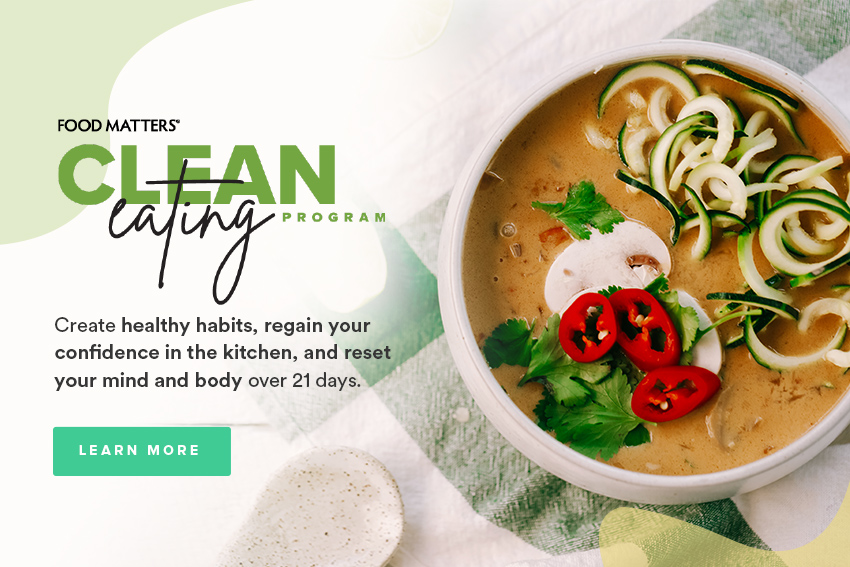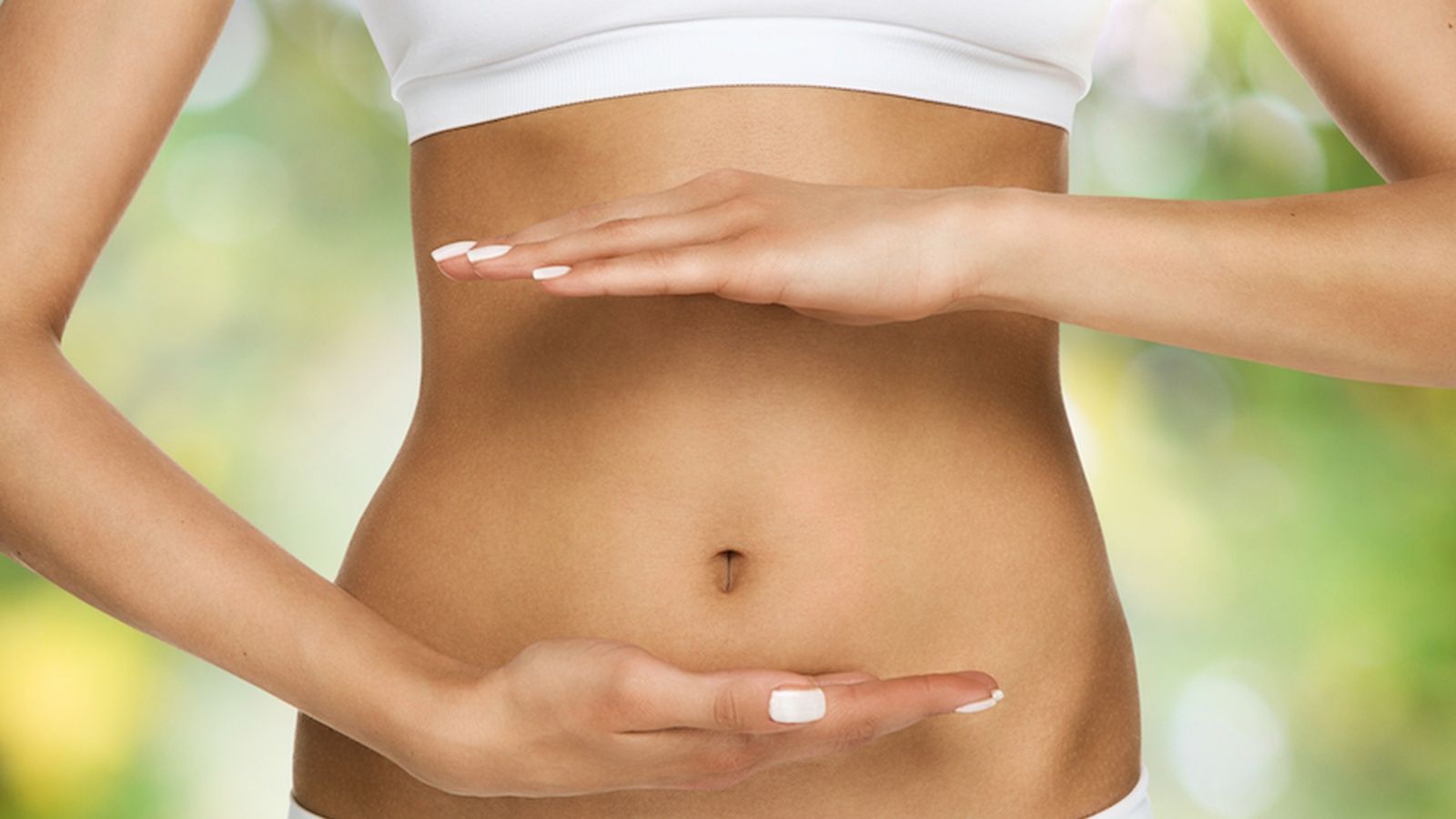Prebiotic Fibers - Good For Us, Or A Hidden Additive?
Nobody thinks twice about mentioning a heart attack or bemoaning the common cold, yet our lips are sealed when it comes to our personal poop department. Perhaps this would be different if everybody realized that 1 in 5 Americans is chronically constipated and a further 25% of adults have symptoms of IBS.
The bottom line is that problematic poo is common. And while many factors can affect our Number Two’s - ranging from suboptimal gut health, food intolerances, certain diseases or a less-than-healthy diet - many people overlook the basic matter of fiber.
After all, most of us are falling short of the fiber mark. In natural hunter gatherer societies, average fiber intake ranged between 50 to 100g each day. To put that in perspective, one banana offers us a measly 3 to 4g of fiber and the modern American diet supplies somewhere in the vicinity of 15g daily; well below the minimum of 25g per day recommended by experts.
Is it therefore little wonder that some of us are straining in the bathroom?
While we always recommend investigating any kind of gut disturbance or change in your gut habits, it can also be wise to return to the dietary basics that support healthy bowel habits. In this respect, fiber is a fundamental. The fiber story is also a lot more fascinating than you probably think, and researchers have discovered a special type that gets a gold star for helping our gut health...prebiotic fiber.
What Is Prebiotic Fiber?
If you thought that fiber was simply just…well, fiber...you wouldn’t be alone.
Up until the last couple of decades, food scientists considered fiber to be a single entity, of sorts. Fiber was simply conceptualized as the roughage in our food that humans can’t digest.
Today, we now know that there are several types of fiber. These types still share the common characteristic of being indigestible, as we simply don’t make the digestive enzymes to break fiber down into smaller parts that our bodies can absorb. There are several other factors that make different fibers unique and distinguishable:
Insoluble fiber: This is the common type that typically springs to mind when we think of fiber. It’s the roughage in our fruits, vegetables, nuts and legumes (like the stringy part of celery, for example). It does not absorb water and is not well digested by the bacteria in our colon. It adds to fecal bulk and basically makes it easier to poo.
Soluble fiber: It’s a bit more of a ‘softer fiber’ (more along the lines of psyllium husk after you add it to water and it forms a gel). Soluble fiber absorbs water as it moves through the digestive tract, to soften the stool and prevent constipation. It can be partially fermented by the bacteria in our bowel.
Resistant starch: Another type of fiber that resists digestion by human enzymes. However, the bacteria in our gut can break down resistant starch, producing butyrate and other helpful acids as a by-product. Butyrate is protective against bowel cancer.
Prebiotic fiber: This stuff is like rocket fuel to the bacteria in our bowel! It is extremely well fermented by our gut microbiome and helps to nourish probiotic bugs as they travel from our mouths to the large intestine. The other important thing to note about prebiotic fiber is that it is fermented selectively by beneficial bacteria within the colon.
Prebiotic fiber gives the probiotic bacteria that we consume from yogurt, fermented foods and supplements a better fighting chance of making it to the colon intact. This is, after all, an incredibly long journey for a microscopic organism to undertake!
And as our good gut bugs munch away on this prebiotic fiber, they are nourished and better equipped to grow and multiply. Which means better gut health for you and I!
Foods that supply both pre- and probiotic properties are called synbiotic, and research reveals that a combination of these two elements can help to optimize gut health.
Where Do We Get Prebiotic Fiber From?
Prebiotic fiber is naturally found in a range of fruits, vegetables and legumes. However, prebiotics are also available in supplemental form or added to foods. In fact, Australian food scientists have been fortifying baby formulas and a range of supermarket goods with prebiotic additives since the 1990’s.
In Australia, when you read ‘dietary fiber’ on the labels of dairy products, drinks, cereals and breads, there’s a good chance that it may be fortified with inulin.
In its natural form, inulin is a type of soluble fiber that is found in artichokes and certain other vegetables. The bacterial fermentation of inulin within the intestines releases natural acids which can assist in the prevention of bowel cancer.
Non-starch polysaccharides, fructo-oligosaccharides, galacto-oligosaccharides, lactulose and different types of sugar alcohols are other types of prebiotic fibers that have either been researched for use or are actively used in food fortification.
Why Is Prebiotic Fiber Added To Food?
Prebiotic fiber is added to food for a number of reasons. Firstly, prebiotic food can naturally thicken or emulsify food, which is useful trait for many food manufacturers.
Secondly, prebiotic fiber may be added for an intended health benefit, such as an enhanced fiber claim. It is also added to some infant formulas in an attempt to emulate the benefits of natural oligosaccharides from breast milk.
Lastly, prebiotic fiber can also be purchased as a fiber supplement in and of itself.
Should You Avoid Prebiotic Fiber Supplements? Are They Harmless?
To date, there is no conclusive evidence that prebiotic fiber is harmful to human health. Any potential risk also needs to be weighed against the alarming state of our low national fiber intakes, which presents its own host of health problems.
However, as usual, we always recommend getting your fiber from Mother Nature as your #1 preferred source. Her foods are perfectly engineered to provide everything we need and it is possible to meet our fiber needs from natural foods, without resorting to supplementation.
What are your views of prebiotic fiber? Have you ever taken a supplement or noticed any benefit?
Take the stress out of cooking with 21-days of guided meal plans, shopping lists, and nutrition support. You’ll find all of this, and more, in our signature Clean Eating Program.










